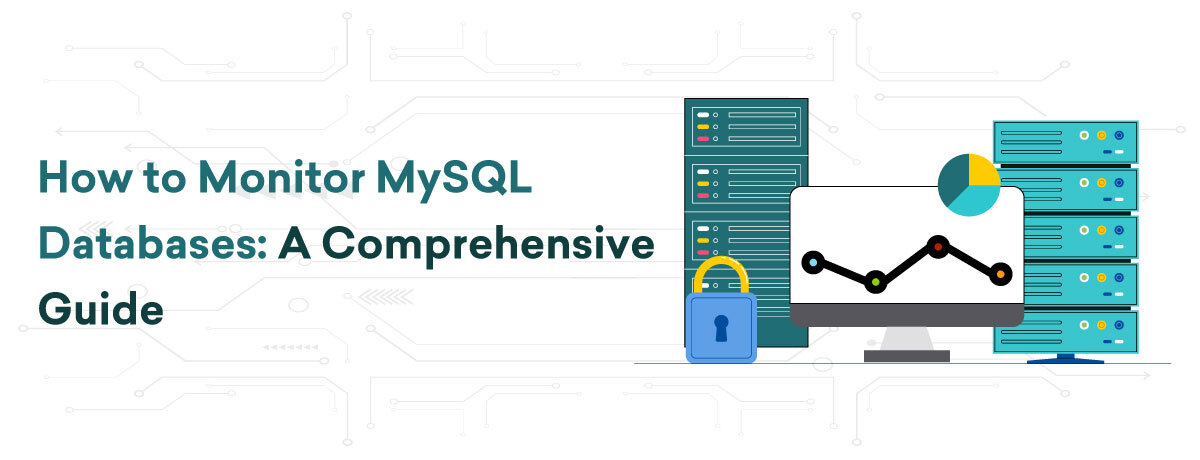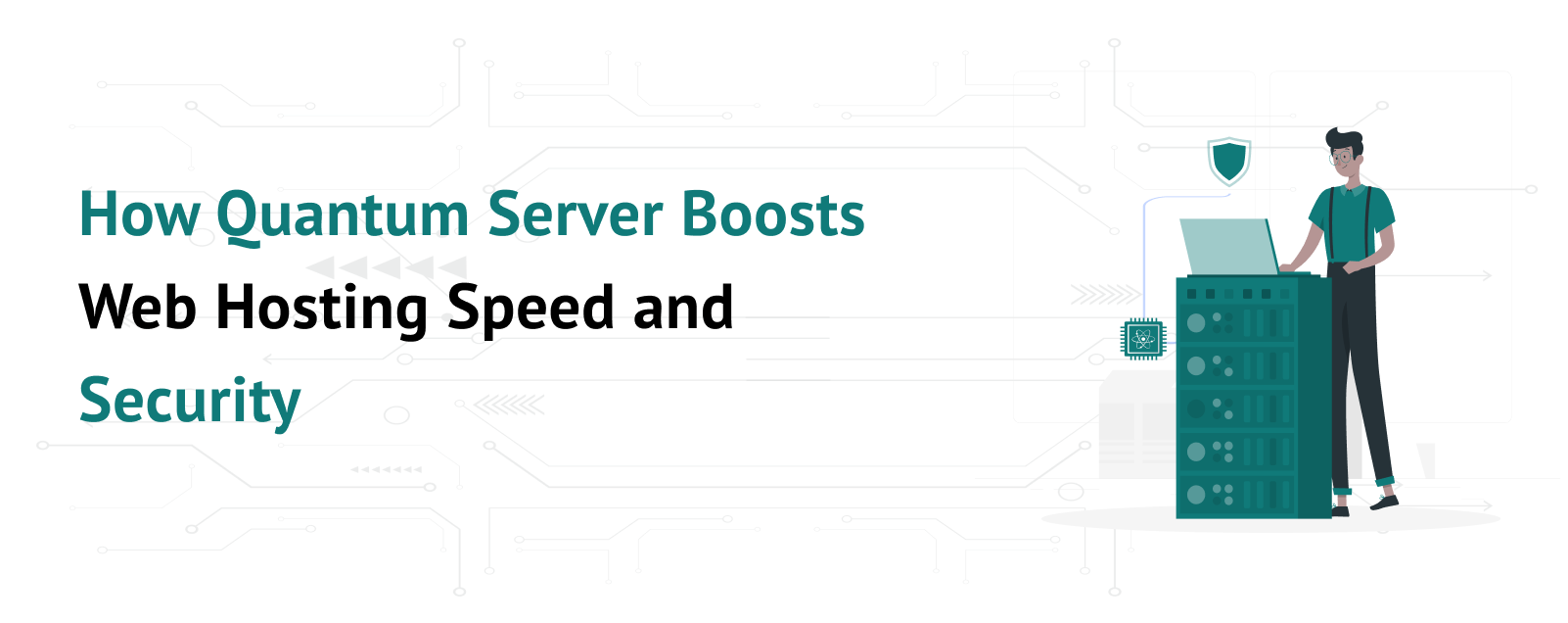Monitoring MySQL databases is crucial for maintaining peak performance and safeguarding data integrity. It enables administrators and developers to detect and resolve issues proactively, ensuring seamless database operations. Effective monitoring entails monitoring performance metrics, analyzing query efficiency, and observing server health indicators. By embracing robust monitoring practices, you can optimize MySQL database performance, reduce downtime, and improve user experience.
Table of Contents
Key Metrics to Monitor in MySQL
Monitoring the correct metrics is crucial for maintaining MySQL database performance and stability. Here are some critical metrics to monitor:
Performance Metrics
Monitoring query performance, encompassing execution time, slow queries, and query throughput, aids in identifying inefficient queries requiring optimization. Observing connection statistics like active connections, aborted connections, and connection errors guarantees effective handling of the database load.
Indicators of Server Health
High CPU usage could suggest inefficient queries or inadequate server resources. Monitoring CPU utilization is crucial for sustaining peak performance. Tracking memory usage is essential to guarantee that your server possesses adequate resources for seamless operation and can identify memory leaks or excessive consumption due to specific queries.
Storage Metrics
Monitoring disk I/O and disk space is crucial for identifying potential bottlenecks caused by sluggish storage devices. Tracking disk read/write operations and available disk space can help prevent the database from running out of storage, thus avoiding crashes or performance degradation.
Data Quality Metrics
Regularly monitoring MySQL error logs for signs of corruption or any issues can help prevent data integrity problems. If you utilize replication, keeping an eye on the status and lag of replica servers is crucial to maintain data consistency across all your MySQL instances.
Metrics for Network
Network latency and throughput are crucial for identifying issues that may impact database performance, particularly in distributed settings. Tracking these metrics helps ensure that the network can handle your applications’ requirements.
Recommended Tools for Monitoring MySQL
To begin monitoring MySQL databases, the selection of appropriate tools is crucial. Factors to consider when choosing a monitoring tool include ease of setup, real-time monitoring abilities, customizable dashboards, alerting functionalities, integration options, community support, and pricing. Below are some well-known choices:
MySQL Enterprise Monitor
MySQL Enterprise Monitor, created by Oracle, is tailored for MySQL databases, offering thorough real-time monitoring and performance optimization.
- Developed by Oracle for MySQL databases.
- Offers live monitoring and performance optimization.
- Simplified connection to MySQL server.
Nagios
Nagios is a popular open-source monitoring tool with extensive plugin support. It can monitor various services such as MySQL and provides customizable alerting and reporting features.
- Open-source monitoring tool with extensive plugin support.
- Able to monitor different services, such as MySQL.
- Provides customizable alerting and reporting functionalities.
Zabbix
Zabbix is an open-source monitoring solution with robust community support. It offers detailed metrics and comprehensive dashboards, enabling the monitoring of numerous servers and services.
- Open-source monitoring solution with a vibrant community.
- In-depth dashboards and precise metrics.
- Supports monitoring of multiple servers and services.
Datadog
Datadog is a cloud-based monitoring service that provides a broad array of integrations. It provides real-time analytics and customizable dashboards, simplifying setup by automating the discovery of MySQL metrics.
- Cloud-based monitoring service offering a wide array of integrations.
- Provides real-time analytics and customizable dashboards.
- Simple setup with automatic discovery of MySQL metrics.
Best Practices for Monitoring MySQL
For optimal performance of your MySQL databases, follow these monitoring best practices:
Regular Database Monitoring
Create a schedule for consistently monitoring your MySQL databases. Plan regular checks to assess performance metrics, server health indicators, and error logs. Continuous monitoring enables early detection of potential issues and ensures database stability.
Analyze and Respond to Metrics
Regularly analyze the gathered metrics to spot trends and possible issues. Utilize this data to make informed choices on optimizing queries, adjusting resource allocations, and resolving any performance bottlenecks. Prompt reactions to anomalies can avert minor problems from worsening.
Maintain Optimal Performance
Execute maintenance tasks like indexing, query optimization, and regular updates. Keep your database server and monitoring tools current to leverage the newest features and security patches. Document monitoring procedures and ensure your team is proficient in following them.is trained to follow them.
Conclusion
Effective monitoring of MySQL databases is crucial for maintaining performance, reliability, and overall health. Utilizing tools like MySQL Enterprise Monitor, Nagios, Zabbix, and Datadog provides valuable insights into database operations. Monitoring key metrics such as query performance, server health indicators, storage usage, data integrity, and network performance aids in identifying and resolving issues proactively.Adhering to best practices, including regular monitoring, analyzing metrics, and ensuring optimal performance through indexing and updates, guarantees efficient database operations. Proactive monitoring not only prevents issues but also optimizes resources and enhances user experience.
To sum up, consistent and comprehensive MySQL monitoring is vital for ensuring databases consistently perform well, reducing downtime, and improving application efficiency. Implement these practices to maintain robust, secure, and responsive databases.



